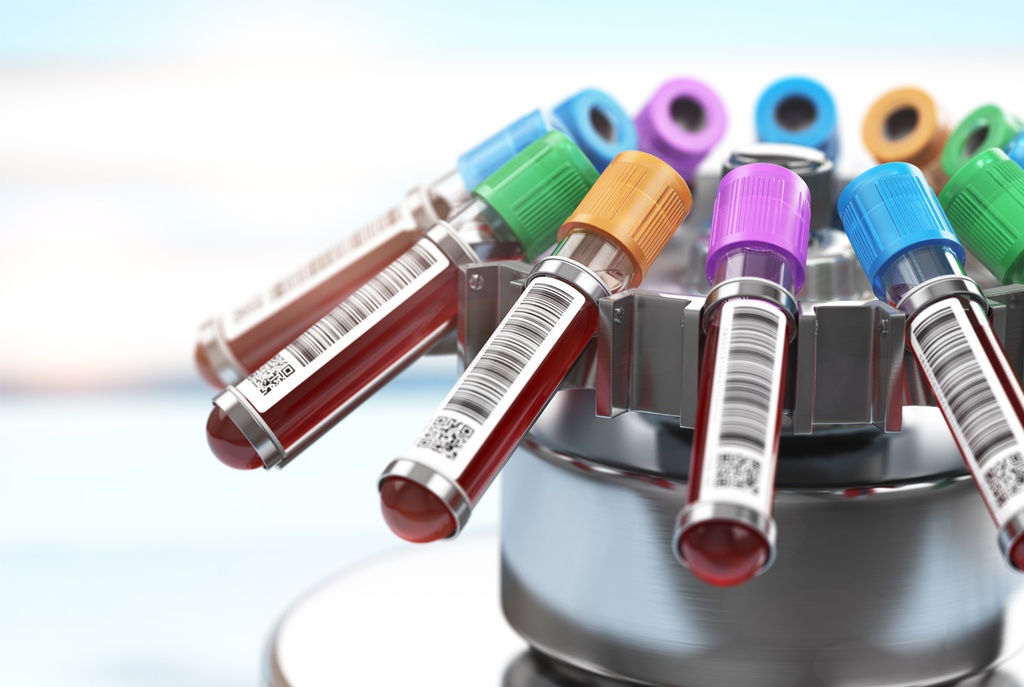Establishing a medical laboratory is a meticulous process. It requires careful consideration of various factors, ranging from safety measures to advanced instruments. A well-equipped medical lab guarantees accurate and reliable results. So, be sure to choose a reliable lab equipment supplier.
The Complete Lab System provides customized laboratory instruments and integrated solutions to clients around the UK. Let’s explore the essential equipment needed to start a medical lab. You can categorize them into safety gear, essential tools, advanced instruments, furniture, and software.
Safety Gear
Ensuring the safety of laboratory personnel and maintaining a secure environment is paramount in any medical lab. Essential safety equipment includes:
- Personal Protective Equipment (PPE): This includes gloves, lab coats, safety goggles, and face shields. PPE protects laboratory workers from potential exposure to hazardous materials.
- Emergency Eyewash and Shower Stations: In the event of accidental exposure to chemicals, emergency eyewash and shower stations provide immediate relief by rinsing the affected areas.
- Fire Extinguishers and Blankets: Given the presence of flammable materials in labs, fire extinguishers, and blankets are critical for addressing potential fire hazards promptly.
- Fume Hoods: These devices help control and ventilate potentially harmful fumes, ensuring a safer working environment.
Basic Tools
Basic laboratory tools are fundamental for the daily operations in a medical lab. These include:
- Microscopes: Microscopes are indispensable for examining blood cells, tissues, and other specimens at the microscopic level. High-quality microscopes with various magnification options are essential.
- Centrifuges: Centrifuges are used to separate components of blood and other liquids based on density. This is crucial for isolating specific substances for analysis.
- Laboratory Glassware: Beakers, test tubes, pipettes, and flasks are essential for conducting various experiments and analyses.
- Autoclaves: Autoclaves are used to sterilize equipment and ensure that all instruments are free from contaminants.
Advanced Instruments
Advanced laboratory instruments play a crucial role in facilitating specialized and complex analyses. Some essential advanced tools include:
- PCR Machines: Polymerase Chain Reaction (PCR) machines are used for DNA amplification, aiding genetic testing and research.
- Mass Spectrometers: These instruments are employed for identifying and quantifying compounds within a sample, providing high precision in chemical analysis.
- Flow Cytometers: Flow cytometers are essential for analyzing and sorting cells based on specific characteristics, supporting advanced immunology and cell biology research.
- Liquid Chromatography-Mass Spectrometry (LC-MS): LC-MS systems enable the separation and identification of complex mixtures, particularly in pharmaceutical and clinical research.
Furniture
Efficiently designed and organized furniture is crucial for creating a functional and ergonomic laboratory space. Essential furniture items include:
- Laboratory Benches and Tables: These provide a sturdy and spacious workspace for conducting experiments and analyses.
- Storage Cabinets: Secure storage is essential for safely organizing laboratory equipment, chemicals, and samples.
- Fume Hood Workstations: Integrating fume hoods into workstations enhances safety by providing localized ventilation for potentially hazardous procedures.
Software
In the modern era, laboratory management software is instrumental in streamlining processes and ensuring data accuracy. Key software components include:
- Laboratory Information Management System (LIMS): LIMS helps track and manage samples, ensuring data integrity and compliance with regulatory standards.
- Electronic Laboratory Notebooks (ELN): ELNs facilitate digital documentation of experiments, promoting collaboration and data sharing among laboratory personnel.
- Data Analysis Software: Software for data analysis is essential for interpreting and visualizing the results obtained from various experiments and studies.
Conclusion
Investing in quality equipment and infrastructure is foundational to building a successful and impactful medical laboratory.









